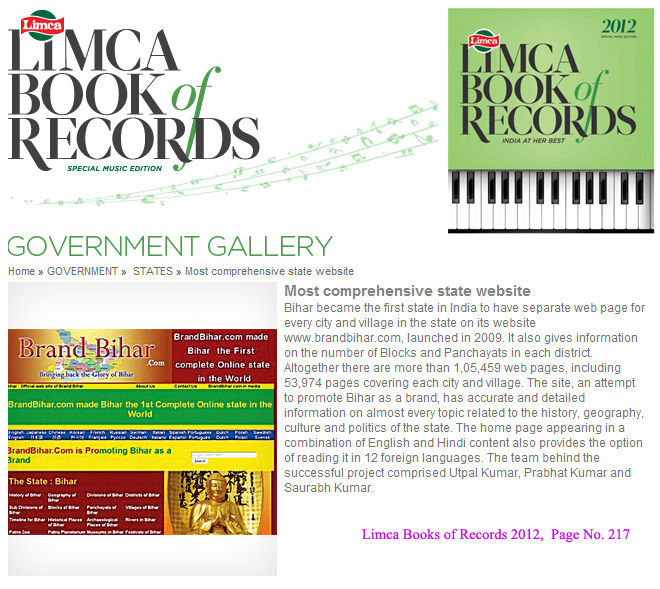

Consequent to the failure of the Revolt of 1857 rebellion, one also saw the end of the East India Company's rule in India and many important changes took place in the British Government's policy towards India which sought to strengthen the British rule through winning over the Indian princes, the chiefs and the landlords. Queen Victoria's Proclamation of November 1, 1858 declared that thereafter India would be governed by and in the name of the British Monarch through a Secretary of State.
The Governor General was given title of Viceroy, which meant the representative of the Monarch. Queen Victoria assumed the title of the Empress of India and thus gave the British Government unlimited powers to intervene in the internal affair of the Indian states. In brief, the British paramountcy over India, including the Indian States, was firmly established. The British gave their support to the loyal princes, zamindar and local chiefs but neglected the educated people and the common masses. They also promoted the other interests like those of the British merchants, industrialists, planters and civil servants. The people of India, as such, did not have any say in running the government or formulation of its policies. Consequently, people's disgust with the British rule kept mounting, which gave rise to the birth of Indian National Movement.
The leadership of the freedom movement passed into the hands of reformists like Raja Rammohan Roy, Bankim Chandra and Ishwar Chandra Vidyasagar. During this time, the binding psychological concept of National Unity was also forged in the fire of the struggle against a common foreign oppressor.
Raja Rammohan Roy (1772-1833) founded the Brahmo Samaj in 1828 which aimed at purging the society of all its evil practices. He worked for eradicating evils like sati, child marriage and purdah system, championed widow marriage and women's education and favoured English system of education in India. It was through his effort that sati was declared a legal offence by the British.
Swami Vivekananda (1863-1902) the disciple of Ramakrishna Paramahamsa, established the Ramkrishna Mission at Belur in 1897. He championed the supremacy of Vedantic philosophy. His talk at the Chicago (USA) Conference of World Religions in 1893 made the westerners realize the greatness of Hinduism for the first time.
Back to Indian Freedom Struggle Menu

Bihar became the first state in India to have separate web page for every city and village in the state on its website www.brandbihar.com (Now www.brandbharat.com)
See the record in Limca Book of Records 2012 on Page No. 217